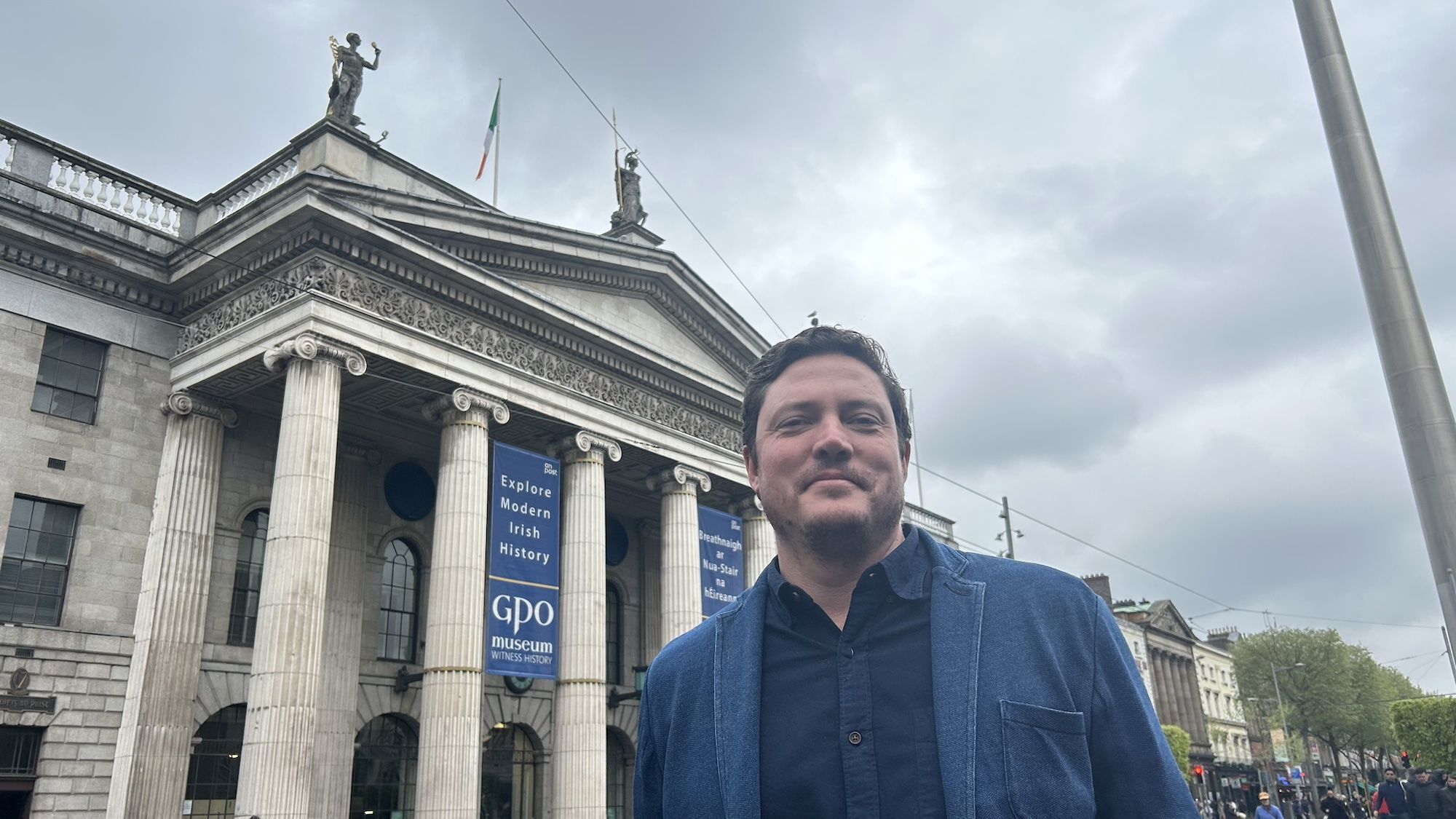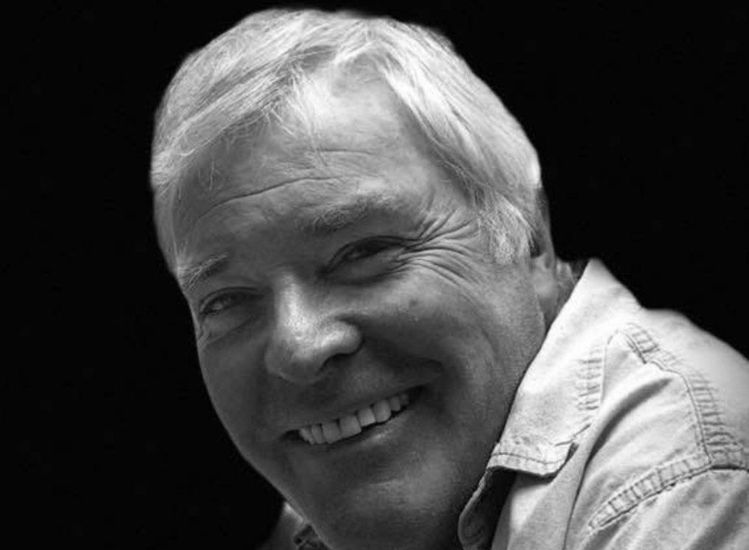Boston architect Michael Murphy flew into Dublin this morning to address a landmark conference in the GPO on the creation of a cultural quarter focused on Moore Street - a street running behind the post office which was the site of the Rising leaders' retreat and their surrender.
Best-known for his seminal memorial sites in Montgomery, Alabama — including the epic Legacy of Slavery Monument — and the Embrace Sculpture on Boston Common, Murphy cut his teeth on projects designed to reclaim history in South Africa and Rwanda> He has been lauded for bringing two million visitors to Montgomery since the monument opened in 2018 - generating $2bn of income for the city which was the capital of the Confederacy.
Today marks the 108th anniversary of the Easter Rising of 1916.
I was honoured to participate in a groundbreaking Moore Street Preservation Trust conference ‘Preserving our Past - Rising to our Future’ held in the historic @gpowithistory #SaveMooreStreet pic.twitter.com/ccWMgVMwzz
— Harry Connolly (@HarryBeag) April 24, 2024
Hosted by inner-city Dublin TD Mary Lou McDonald, the half-day conference in the GPO was aimed at replacing a commercial shopping mall plan for Moore Street with a community-led initiative — backed by relatives of the 1916 leaders — to transform the 'quarter' with a history and heritage-led development. "Around the world, we now see city development proposals where organisations are using the value of place rather than the values of profit — ironically these projects have delivered better economic outcomes than the strictly commercial proposals," Murphy told the Irish Echo. "Moore Street is a living memorial landscape where we can rewrite the story of the struggle for independence to create a place for work, living and play while also being reminded of its deep history and our pride of place.
.@MaryLouMcDonald addressing the Moore Street Preservation Trust's conference "Preserving our Past, Rising to our Future" in the GPO this morning. And of course today is April 24th, the date of the Rising in 1916. pic.twitter.com/WT6syjQHJ4
— Enda Fanning 🟢⚪️ (@EFFanning) April 24, 2024









